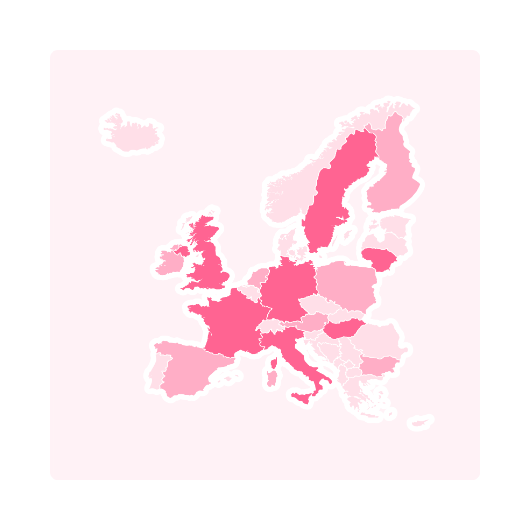
Together, we can change the future of neurodegenerative diseases
Our mission is to change the future of neurodegenerative diseases by removing barriers to data sharing and collaboration. With a commitment to data privacy, we can connect researchers to the data and biosamples they need to hasten the discovery of crucial biomarkers, and advancement of new treatments.
Our Goal
We’re bringing together a multidisciplinary consortium from the public and private sectors using a scalable and self-sustainable platform that houses a wealth of high-quality clinical and biological samples for discovery and analysis. These valuable resources are easy to access and utilise for breakthrough discoveries in the research, diagnosis, and treatment of neurodegenerative diseases.







